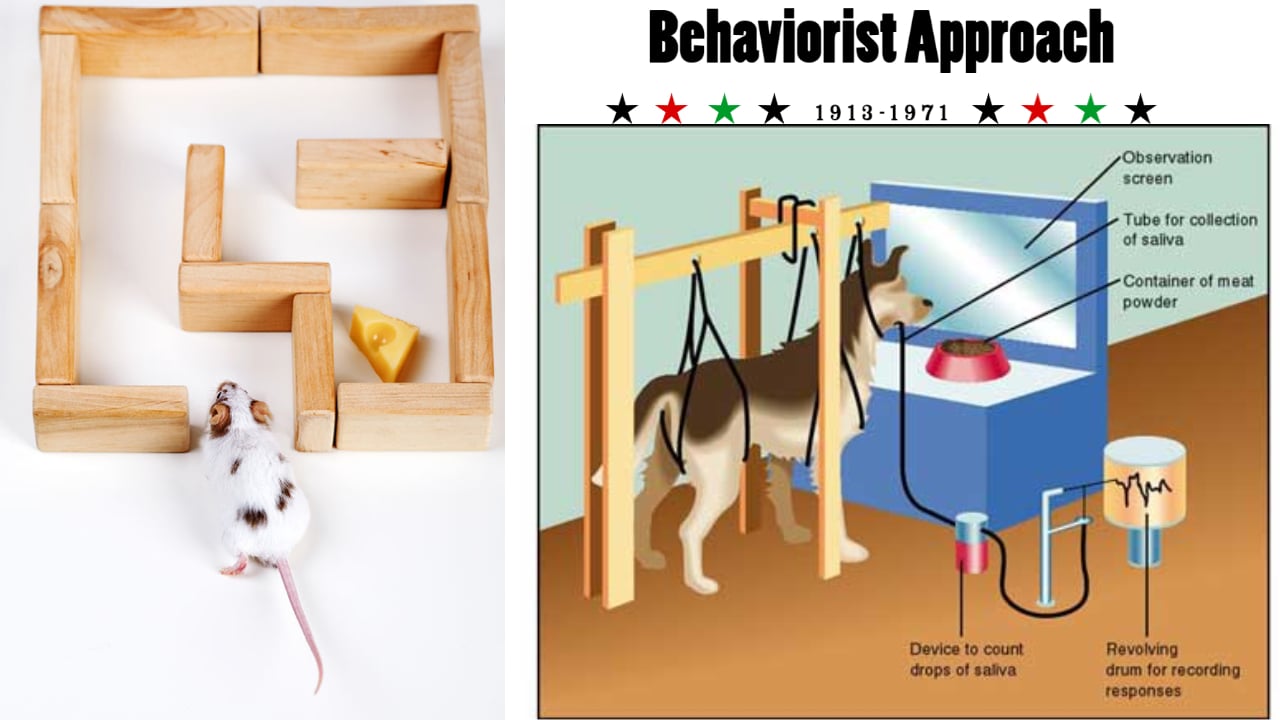Scenario: A high school social study teacher is planning a class on climate change. The learning would be designed differently by a behaviorist, a cognitivist, and a constructivist.
Behaviourist method:

Behaviourists would establish explicit goals and expectations for the class, focusing on the particular behaviours that need to be learned. The very common way of teaching may include lectures or seminar to present the climate change to the class. To encourage active listening and writing notes, feedback will be provided by instructors, also some rewards. Then, behaviourists make learners to memorize and exercise the desired learning concepts over and over to make sure that the concepts are in learners’ brain deeply. Finally, tests and quizzes that gauge the acquisition of specific knowledge and facts are used to evaluate learning.
Cognitivist Approach:

Cognitivists encourage critical thinking and analysis by involving students in climate change-related problem-solving activities. They use interactive resources to engage students in learning by presenting knowledge through powerpoint or other approaches. They will also encourage participation in the conversation, debate, and small-group activities. They help students become more conscious of their own learning processes, such as self-regulation and self-assessment. Finally, students’ grasp of climate change would be demonstrated in projects, essays, or presentations.
Constructivist Approach:

Constructivists conduct group discussions in which students examine issues related to climate change, exchange viewpoints, and create meaning. They give learners meaningful, real-world assignments or case studies that relate climate change. They also encourage learners to learn by asking questions, doing research, and coming up with answers. Practical activities like as field visits or experiments are included to encourage close engagement with climate-related events.
Hi, YICHENG. I feel very pleased to read your Blog because you have used a lot of lovely pictures to help the reader understand the concepts of this unit. However, I personally feel that you didn’t explain your idea very deeply, and you only explained more about the three principles. But the structure of your Blog is worth learning. Thank you.